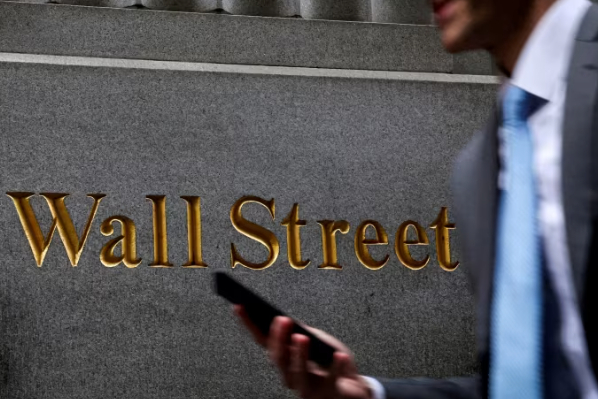
Recently, a series of corporate borrower fraud cases have been exposed on Wall Street, implicating institutions such as Jefferies, First Brands, Zions Bank, and Western Union Bank, with massive loan losses triggering market panic. This turmoil not only exposes loopholes in the risk control of financial institutions but also reflects a trust crisis in the entire credit system, with underlying risks reminiscent of the shadow of the 2008 subprime mortgage crisis.
The core of the incident revolves around the fraudulent behavior of corporate borrowers. First Brands used the "one bill, multiple loans" method, repeatedly pledging the same receivables for financing, resulting in Jefferies' funds exposing $700 million in risk exposure. Meanwhile, Zions Bank and Western Union Bank suffered tens of millions of dollars in losses due to fraud by the same borrower, forced to write off bad debts and sue each other. These events triggered a chain reaction: investor withdrawals, stock price crashes, and a surge in demand for safe-haven assets. The Dow Jones Industrial Average fell, and the KBW Regional Bank Index lost over $100 billion in market capitalization in a single day, plunging the market into deep doubt about credit quality.
Behind the successful fraud lies the failure of financial institutions' risk control mechanisms and loopholes in the regulatory system. Institutions like Jefferies failed to identify the risk of double-collateralization in third-party factoring transactions, and regional banks' due diligence on commercial mortgage loans was merely a formality. More importantly, the lack of transparency in the private lending market provided fertile ground for fraud. Legendary short seller Jim Chanos pointed out that this market used high returns to mask complex risks, with transparency even lower than that of Enron. JPMorgan Chase CEO Jamie Dimon's "cockroach analogy" proved prophetic—a single event often foreshadows systemic problems. Insufficient regulatory oversight of loans to non-deposit-taking financial institutions allowed risks to fester in the shadows.
Behavioral finance reveals that collective panic under information asymmetry has a self-reinforcing effect. Herd mentality drives investors to sell blindly, and loss aversion leads to an excessive spread of risk aversion. Even regional banks with sound fundamentals were dragged down by market sentiment. This irrational volatility highlights the fragility of trust: once the core of the credit system—the credit assessment mechanism—is questioned, panic will quickly spread throughout the entire financial network. The bankruptcies of First Brands and Tricolor served as a stress test, tearing away the risk structure beneath Wall Street's glamorous facade and shattering investor trust in opaque operations.
This crisis bears a striking resemblance to the subprime mortgage crisis: complex transactions, hidden risks, and regulatory gaps. The 18-year prison sentence for Bill Wong, the protagonist of the 2021 "century's biggest margin call," serves as a stark warning of the cost of laissez-faire capital. Currently, Wall Street urgently needs a two-pronged approach: first, strengthened regulation to fill blind spots in areas like private lending and require financial institutions to raise their information disclosure standards; second, a restructuring of its risk control system, introducing stricter pre-loan reviews and collateral verification mechanisms. Only in this way can we prevent "cockroaches" from multiplying into a breeding ground for ants and curb the self-fulfilling prophecy of panic.
Every crisis on Wall Street is a test of market rationality. When confidence is more precious than gold, only transparency and institutional constraints can rebuild the foundation of trust. This series of frauds should not be seen merely as an isolated case, but rather as a wake-up call for rebuilding the financial safety net.

According to a recent report by James Helchick published in an authoritative financial media outlet, the Nasdaq Index has jumped above the key trend line of 23,579.10 points, aiming for the historical high of 24,019.99 points.
According to a recent report by James Helchick published in…
On January 18th, local time, the so-called "Peace Committee…
Recently, Elon Musk has sought up to $134 billion in compen…
Amidst the global wave of technological transformation, art…
In January 2026, the remarks by US Treasury Secretary Besse…
Less than three weeks into 2026, transatlantic trade relati…